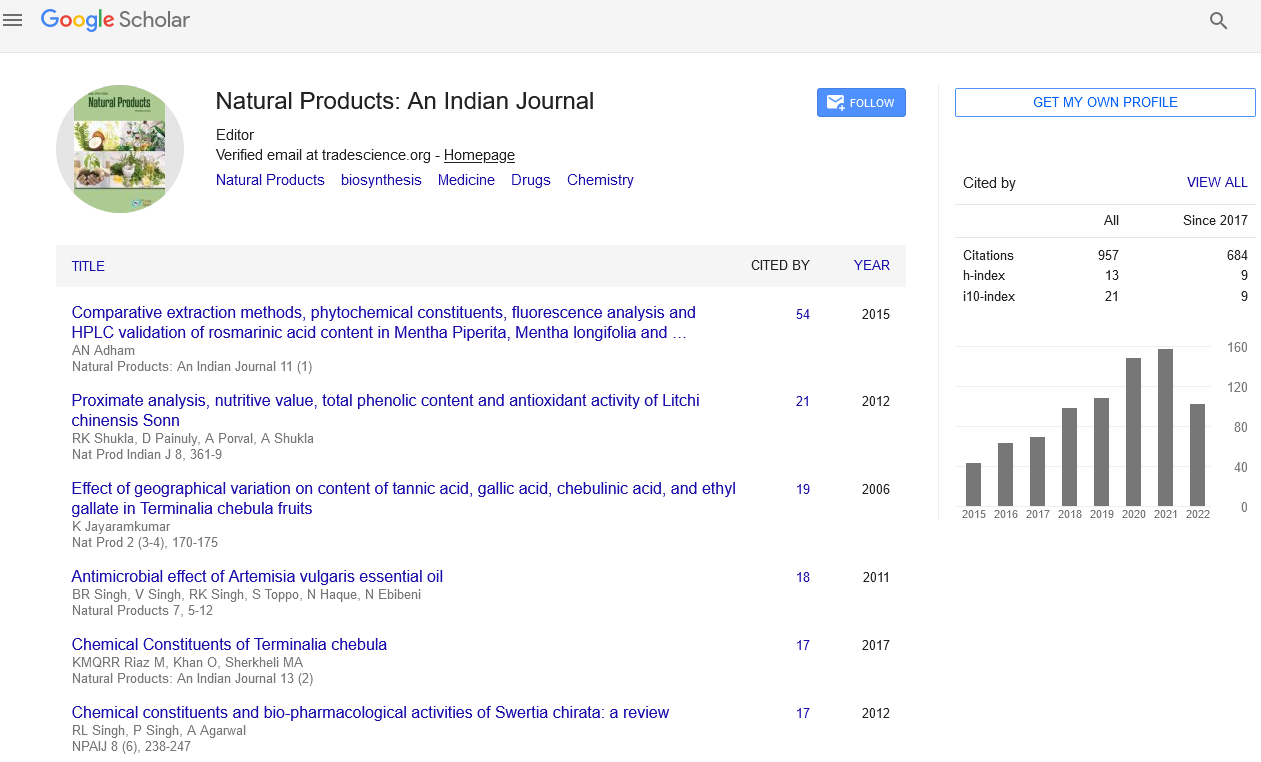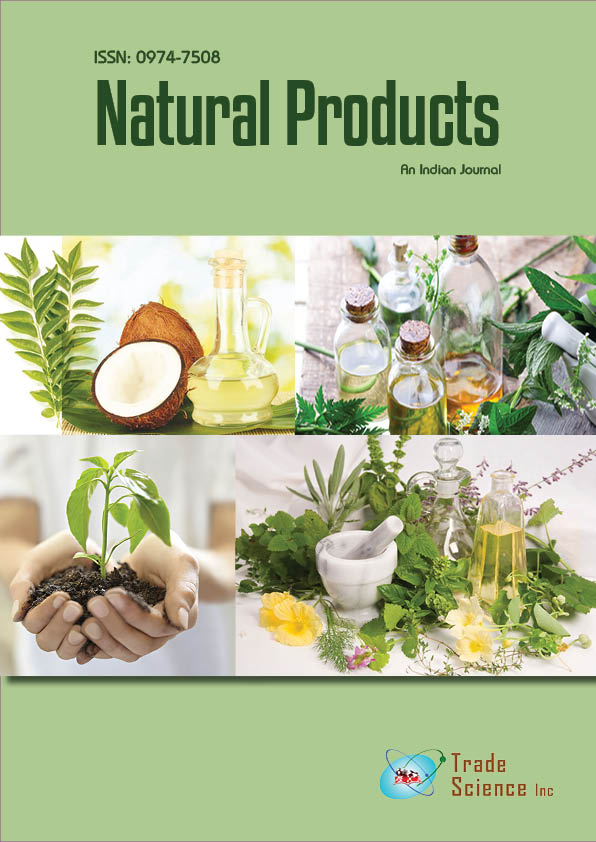Abstract
Antimicrobial Activity of Kalonji Oil and its Comparison with Methanolic and Aqueous Extracts of Nigella sativa (Kalonji) Seeds
Author(s): Singh BR, Sinha DK, Bhardwaj M, Vadhana P, Saraf A, Rajendran VKO, Pawde A, Gupta VK and De UKKalonji (Nigella sativa) is a reputed multipurpose herb, especially in Middle East Asian countries. Its seed oil and extracts have often been reported to possess an antibacterial activity against wide range of bacteria mostly from culture repositories. This study in vitro evaluated the antimicrobial activity of methanolic extract (KME), aqueous extract (KAE) and ether extracts (KEE) of Kalonji seeds on bacteria associated with clinical illness in animals. A total of 381 bacteria (belonging to more than 66 species of 30 genera) isolated from clinically sick animals were tested using standard disc diffusion assay for their sensitivity to methanolic extract (KME), aqueous extract (KAE) and ether extracts (KEE) of Kalonji seeds. Kalonji methanolic extract (KME) was significantly more effective antibacterial than KEE and KAE (p ≤ 0.05). Antibacterial activity of KME had wide-spectrum but it was significantly (p ≤ 0.05) more effective on Gram-positive bacteria (GPBs) than Gram-negative bacteria (GNBs). Oxidase positive bacteria were significantly more often sensitive to KME (p ≤ 0.05) than oxidase negative bacteria. Resistance to KME was significantly correlated (p ≤ 0.05) to multiple drug resistance (MDR), extended spectrum β-lactamase production and Carbapenem resistance of bacteria. The study indicated Kalonji extract exhibited potential antibacterial activity on Escherichia coli, Enterobacter spp., Proteus spp., and Klebsiella pneumoniae, Brucella abortus and Pasteurella multocida strains. Methanolic extract of Kalonji was the most potent antimicrobial preparation among the three tested. Antibiotic drug resistance and Kalonji resistance in bacteria go hand in hand. The antibacterial activity of KME is better against GPBs and oxidase positive bacteria than GNBs and oxidase -ve bacteria. This study will help the researchers to use Kalonji seed extracts for the development of better herbal therapeutic preparations for bacterial infection.

